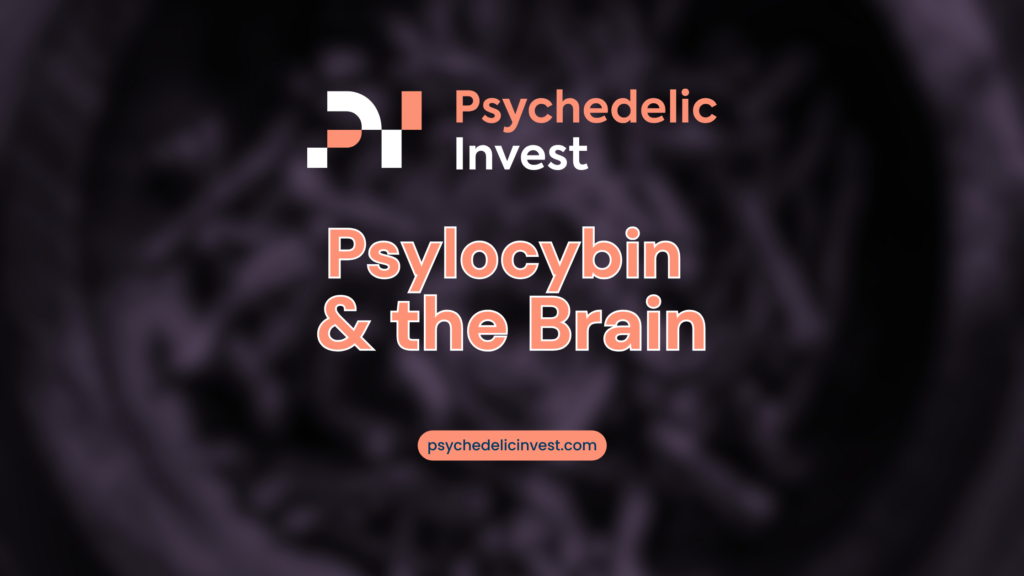Psychedelics
Psilocybin Study Reveals the Brain Suppresses Reactions To Angry Faces
Recent studies have unearthed fascinating insights into how psilocybin, a naturally occurring compound in certain mushroom species—often referred to…

Recent studies have unearthed fascinating insights into how psilocybin, a naturally occurring compound in certain mushroom species—often referred to as magic mushrooms—affects the brain, particularly the amygdala. The amygdala plays a crucial role in how we process emotions, especially those related to fear and anxiety, by linking these emotions to our senses, memories, and learning experiences. This linkage is pivotal in shaping our social interactions and behaviors, influencing everything from our tendency to avoid certain situations to our expressions of aggression.
Psilocybin’s psychoactive properties have the power to induce altered states of consciousness, which can lead to significant changes in mood, perception, and thought patterns. This compound has a long history of use in various religious and cultural practices, prized for its therapeutic benefits in treating mental health conditions such as anxiety, depression, and post-traumatic stress disorder.
A groundbreaking study spearheaded by Sophia Armand from the University of Copenhagen utilized experimental neuroimaging to investigate how different doses of psilocybin might alter the amygdala’s response to faces expressing various emotions. The study involved 28 healthy volunteers who underwent a series of tests while being scanned by functional magnetic resonance imaging (fMRI) machines. Participants were asked to identify emotions on faces displaying anger, fear, neutrality, or surprise. Additional assessments were conducted to gauge each volunteer’s body mass index, intelligence, sleep quality, mood, and stress levels.
Following the initial assessments, participants underwent two dosing sessions spaced 21 days apart. In the first session, they received psilocybin and then completed another round of fMRI scans and emotional face recognition tasks. This setup allowed the researchers to compare brain activity before and after the administration of psilocybin.
The second session involved the administration of ketanserin, a medication commonly used in treating hypertension, to explore its effects under similar conditions.
The findings were illuminating: psilocybin significantly reduced the amygdala’s response to angry faces. Although reactions to neutral and fearful faces also diminished, these changes were not statistically significant. Intriguingly, the study noted that participants who reported experiencing stronger effects from psilocybin showed an even greater reduction in the amygdala’s response to fearful faces.
This research sheds light on the potential mechanisms through which psilocybin affects emotional processing in the brain, particularly in the context of the amygdala’s role. However, the authors emphasize the need for further, larger-scale studies to fully understand these dynamics.
Published in “Neuroscience Applied,” the study involved contributions from an interdisciplinary team, including Dea S. Stenbaek, Kristian Larsen, Katrin H. Preller, Brice Ozenne, Martin K. Madsen, Patrick M. Fisher, and Gitte M. Knudsen.
As the field of psychedelic research continues to evolve, companies like Seelos Therapeutics Inc. are keen on harnessing the therapeutic potential of substances like psilocybin for mental health treatments. The progress made in research so far hints at a future where psychedelic-based medicines could become accessible to those in need, marking a significant leap forward in mental health care.

-

 Psilocybin1 week ago
Psilocybin1 week agoAre Shrooms Legal in Oregon: Full Guide
-

 Psychedelics1 week ago
Psychedelics1 week agoAtai Life Sciences Announces the Publication of Beckley Psytech’s Phase 1 Study of BPL-003 in the Journal of Psychopharmacology
-

 Law & Regulation1 week ago
Law & Regulation1 week agoClearmind signs agreement with Hebrew University for psychedelic compound rights
-

 Psilocybin1 week ago
Psilocybin1 week agoCalifornia advances bill for psychedelics centers
-

 Psychedelics1 week ago
Psychedelics1 week agoCybin Announces Publication of Research Manuscript in the Journal of Medicinal Chemistry
-

 Psychedelics1 week ago
Psychedelics1 week agoRevive Therapeutics Announces FDA Acceptance of Meeting Request for Long COVID Diagnostic Product
-

 Psychedelics1 week ago
Psychedelics1 week agoPsychedelics Can Offer More Than Therapy On Its Own
-

 Psilocybin3 days ago
Psilocybin3 days agoPassover Perspectives: Psychedelics, Moses, and the Burning Bush








